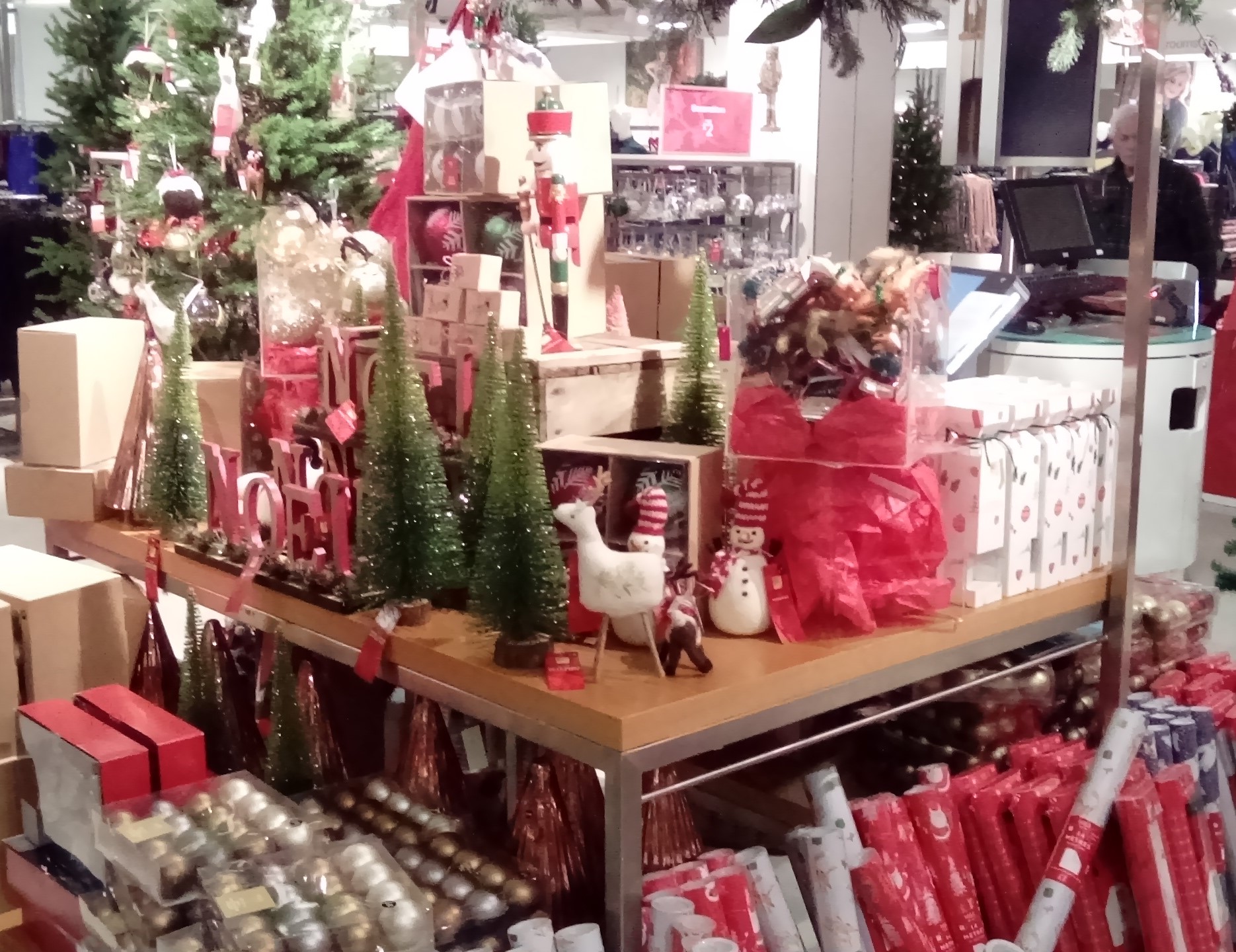
Even our Christmas foods affect climate change
As you do your Christmas food shopping over the next couple of weeks probably the last thought on your mind is global warming.
But latest research has shown what you eat has a big effect with 13 per cent of the total amount of greenhouse gases in the atmosphere coming from agriculture.
The bad news for those who love a joint of beef or lamb over the festive season is that they have the worst effect on climate change compared to pork, turkey and chicken.
“It just shows that every aspect of our lives affects the environment,” said green energy expert Ron Fox, of Noreus Ltd on the University of Keele Science Innovation Park (www.noreus.co.uk).
“The problem is getting worse as the latest report by the UN Environment last week showed greenhouse gases hitting a record high.”
Global emissions rose by 1.3 per cent to 53.5 billion in 2017. But these figures need to fall to under 40 billion tonnes by 2030 to give a good chance of meeting the target in the Paris agreement of limiting global warming to below 2C, a problem which will be discussed at a major UN climate conference starting in Poland this week (December 2) and ending on December 14.
One way to do that would be by cutting the amount of red meat we eat as sheep and cattle produce the equivalent of 23 million tonnes of carbon dioxide a year as well as the effect of deforestation needed to raise cattle and grow feed.
Lord Deben, chairman of the UK’s Committee on Climate Change, has written to Michael Gove, the Environment Secretary, saying Government policy should be changed to encourage a healthier lifestyle with less red meat and dairy products and more pork or poultry meat or plant-based diets.
But the British Meat Processors Association and the National Sheep Association say although livestock emits methane they also give huge environmental benefits to the land, aiding diversity and bring great swathes of the countryside into food production that would not otherwise be used for food production.
They suggest that one solution would be to add chemicals to the feed so cattle don’t produce as much methane.
Professor Johan Rockstrom, a member of the research team whose findings were published in the journal Nature, said that with the world’s population set to grow to 10 billion by 2060 it would be impossible to feed them unless we change radically the way we eat and farm.
Researchers say there is no easy fix to slow climate change down, but reducing our intake of meat is one way that everyone can help out. Even cutting meat from every day to two or three times a week would help.
Ron added: “These latest figures are a reminder that each of us has a role to play in protecting the planet. We must change our lives and our eating habits, as well as moving from fossil fuels to green energy.”
For more advice contact Ron on 01782 756995 or go to www.noreus.co.uk




